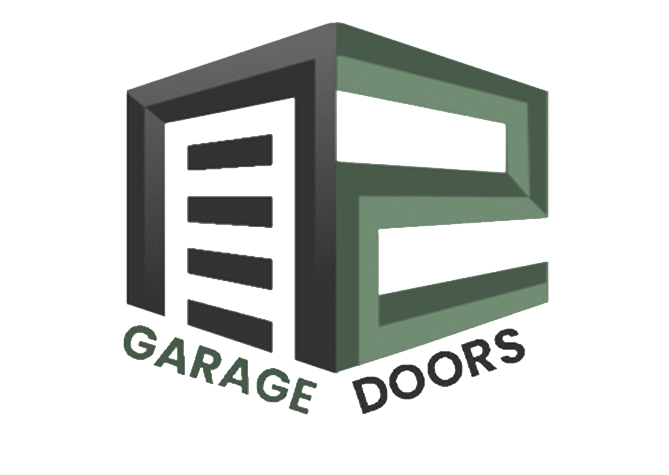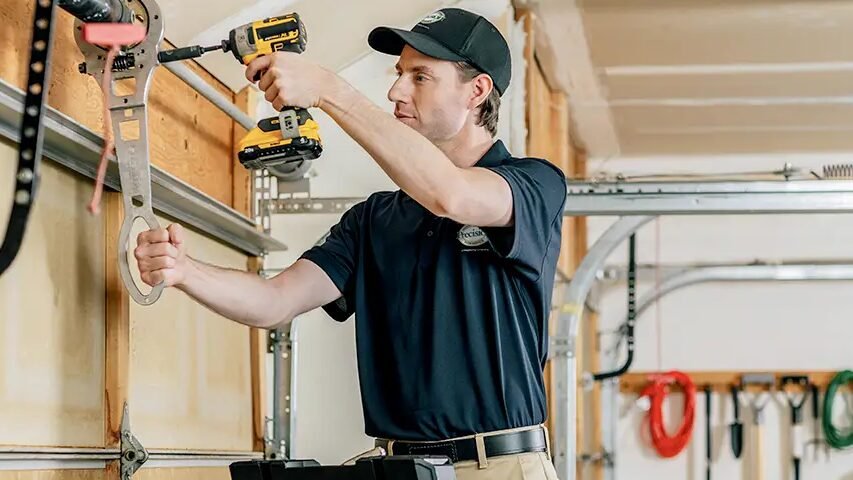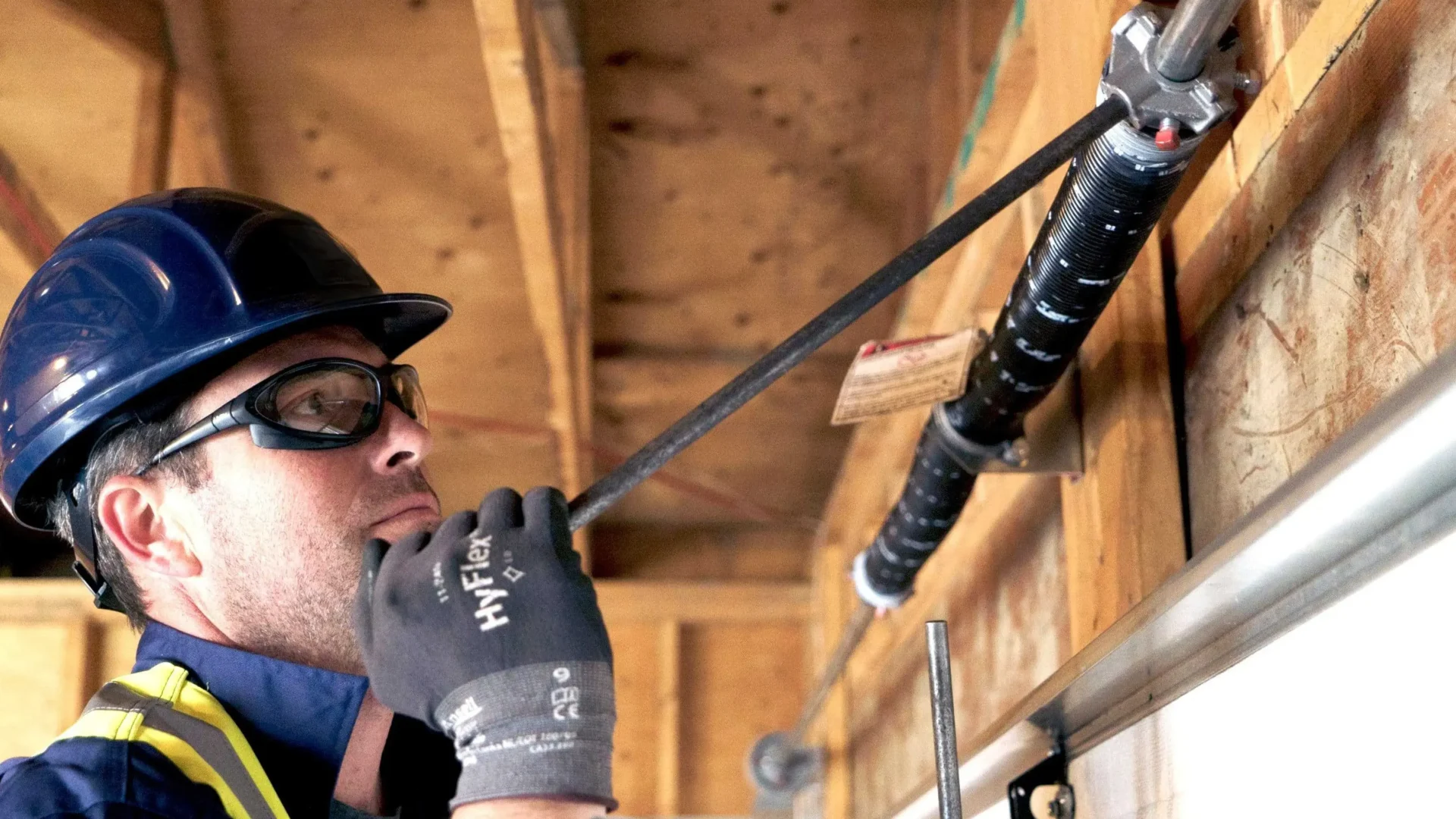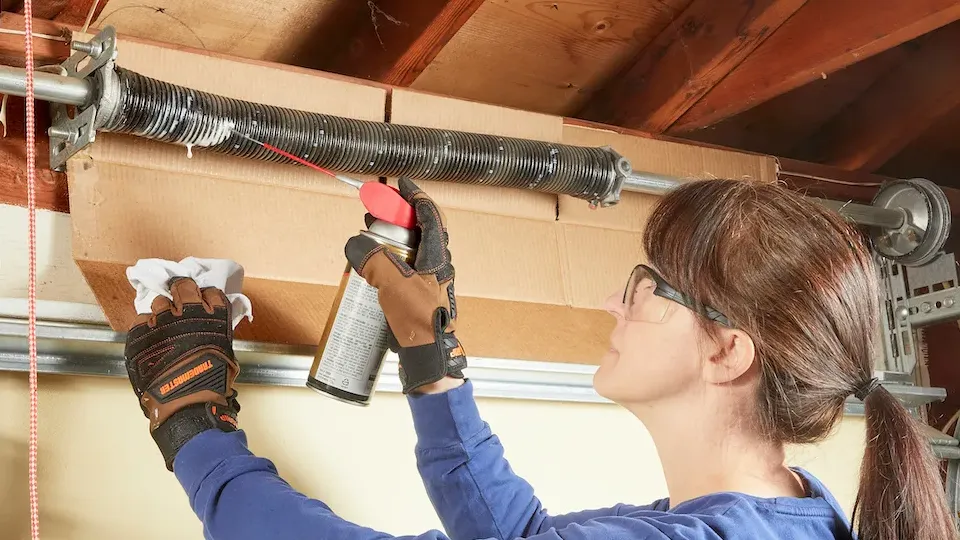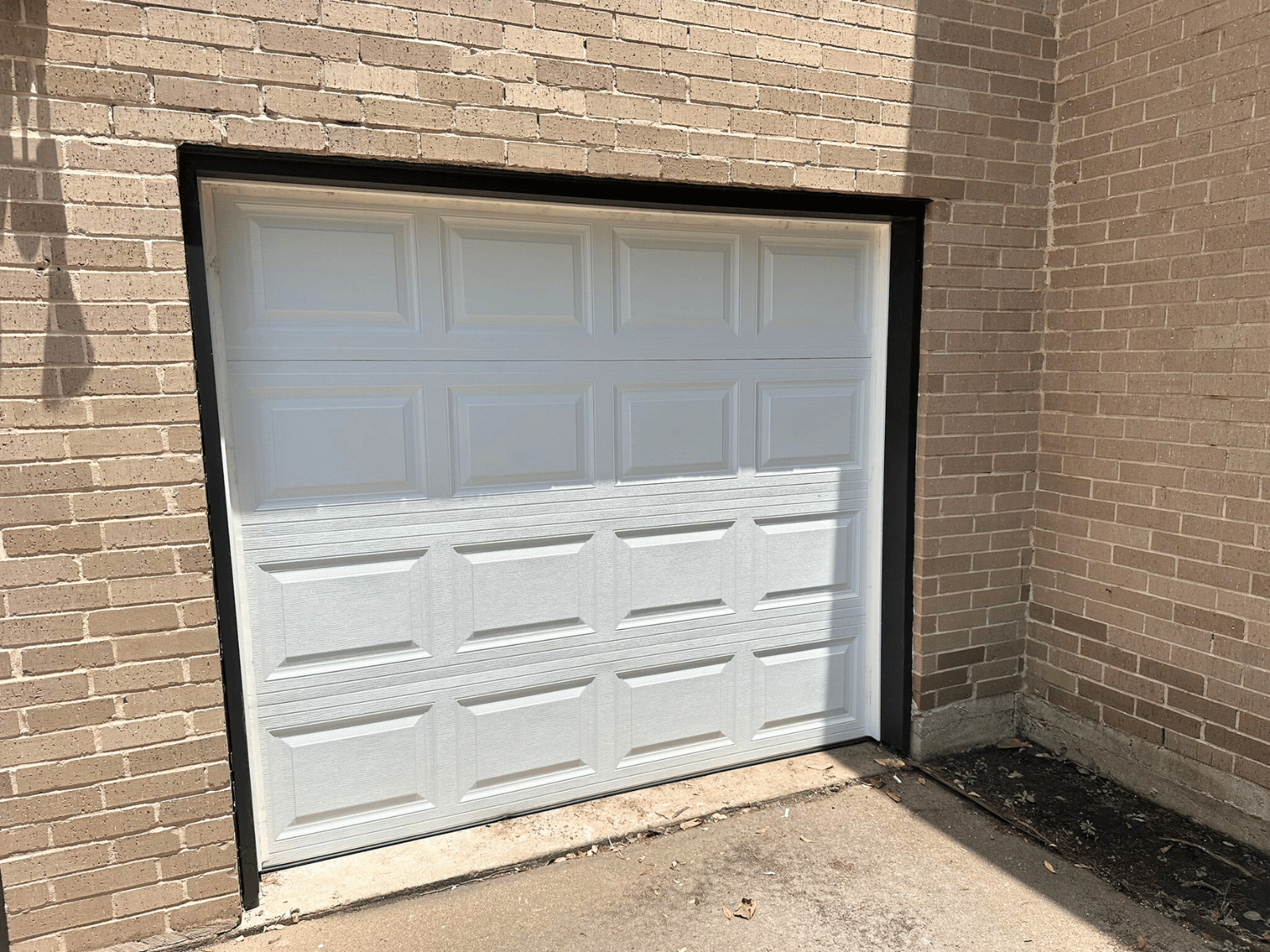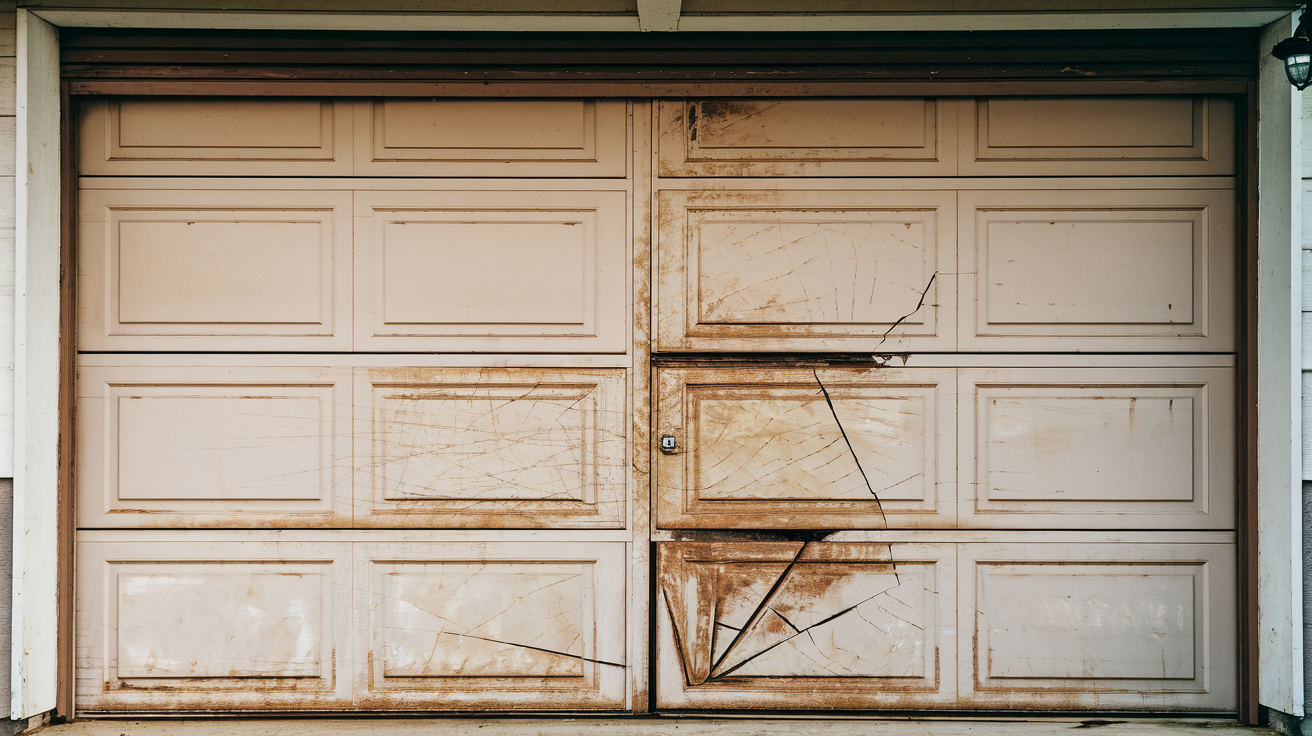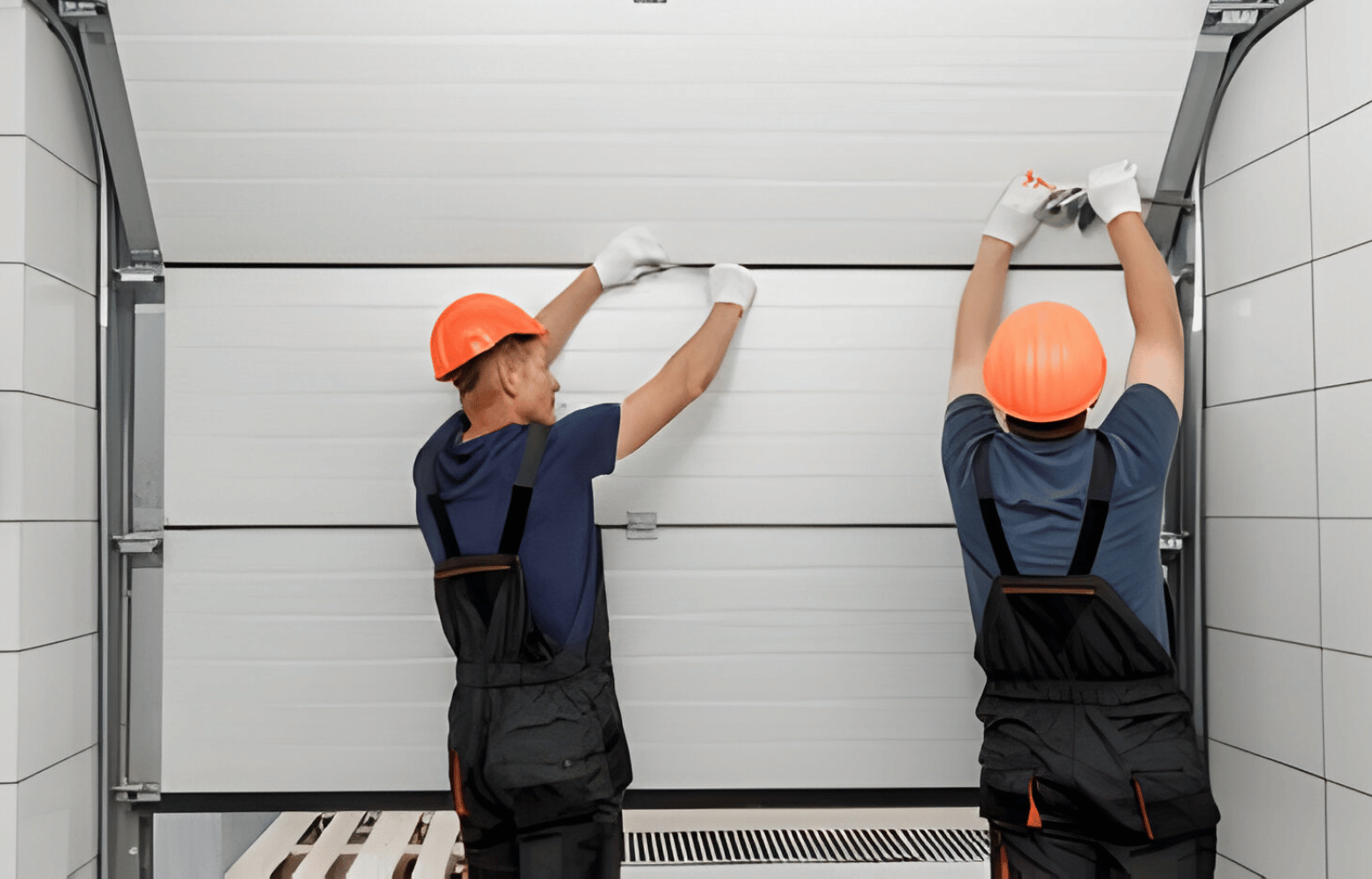The Advantages of Scheduling Annual Professional Garage Door Inspections
Your garage door plays a crucial role in your home’s security, energy efficiency, and curb appeal. Despite its importance, many homeowners overlook the need for regular maintenance until something goes wrong. A malfunctioning garage door can lead to safety hazards, unexpected expenses, and unnecessary inconvenience. To avoid these issues, scheduling an annual professional garage door inspection is essential. A thorough inspection ensures that all components are functioning optimally, extends the lifespan of your door, and enhances safety. In this guide, we’ll discuss the key benefits of annual garage door inspections, the risks of neglecting maintenance, and what to expect during a professional check-up. Why Are Annual Garage Door Inspections Important? Your garage door operates under constant strain, moving up and down multiple times a day. Over time, mechanical components wear out, requiring adjustments or replacements. Without regular inspections, minor issues can escalate into costly repairs or full system failures. 1. Early Detection of Potential Issues Garage door problems often develop gradually, with small signs appearing before a major breakdown. A professional inspection identifies these early warning signals, allowing homeowners to address them before they become expensive repairs. Some of the most common garage door issues include: Worn-out or broken springs – Can cause the door to suddenly crash down. Frayed or misaligned cables – Lead to instability and can snap under tension. Rusty or loose hardware – Affects the smooth movement of the door. Malfunctioning safety sensors – Prevent the door from reversing when an obstruction is detected. Track misalignment – Causes the door to get stuck or operate noisily. Catching these problems early prevents unexpected breakdowns, saving you time, money, and hassle. 2. Extending the Lifespan of Your Garage Door A well-maintained garage door can last 15 to 30 years, depending on usage and quality. However, neglecting maintenance drastically shortens its lifespan. Components such as springs, rollers, and openers wear out faster when not regularly checked. Annual inspections ensure that: ✅ Springs remain properly tensioned to support the weight of the door. ✅ Rollers stay lubricated and in good shape to prevent jerky movement. ✅ Tracks remain aligned and free from debris for smooth operation. ✅ Weatherstripping stays intact to improve insulation and energy efficiency. By investing in regular check-ups, homeowners can extend the longevity of their garage doors and avoid premature replacements. 3. Enhancing Safety for Your Family Garage doors are one of the heaviest moving objects in a home, weighing 200 to 400 pounds. If a faulty component fails, it can lead to serious injuries or property damage. A professional inspection ensures that safety mechanisms are working correctly, including: Auto-reverse system: Stops the door from closing on a person or pet. Emergency release function: Allows manual operation in case of a power failure. Torsion spring condition: Prevents sudden breakage that could send the door crashing down. Motion detection sensors: Stop the door from closing if movement is detected underneath. Neglecting these safety features puts your family at risk. Regular inspections eliminate potential hazards, ensuring a safe and reliable garage door system. What Happens During a Professional Garage Door Inspection? A professional garage door inspection covers multiple components to ensure your system is in peak condition. Here’s what to expect: 1. Visual Examination The technician will check for: 🔹 Dents, cracks, or signs of rust on door panels. 🔹 Loose or missing bolts, nuts, and screws. 🔹 Frayed cables and signs of wear on pulleys. 🔹 Track misalignment or obstructions. 2. Balance and Tension Testing A garage door must be properly balanced to function correctly. The technician will: ✔️ Disconnect the automatic opener and manually lift the door halfway to see if it stays in place. ✔️ Adjust the tension on the springs if the door feels too heavy or slams shut. 3. Safety Sensor Evaluation Garage doors have auto-reverse sensors that prevent accidents. The technician will: ✅ Place an object in the door’s path to check if it reverses automatically. ✅ Adjust misaligned sensors to improve accuracy. ✅ Clean sensor lenses to ensure they detect movement correctly. 4. Lubrication of Moving Parts Proper lubrication reduces friction and wear on components. The technician will apply: 💧 Silicone-based lubricant on hinges, rollers, and springs. 💧 Grease on the opener’s chain or screw drive. 5. Opener and Remote Testing The garage door opener is the brain of the system. The technician will: ✔️ Check if the opener responds promptly to remote commands. ✔️ Inspect battery strength in remotes and keypads. ✔️ Ensure motor and drive belts are in good shape. 6. Insulation and Weatherstripping Inspection Garage doors contribute to home insulation. The technician will: ✔️ Check for air leaks around the door edges. ✔️ Replace worn-out weatherstripping to improve energy efficiency. ✔️ Inspect insulation panels for cracks or damage. Cost Savings of Regular Inspections Avoiding Emergency Repairs Neglecting maintenance leads to unexpected failures. An annual inspection prevents costly emergency service calls, which can be 2-3 times more expensive than scheduled maintenance. Lowering Energy Bills A properly insulated and sealed garage door prevents energy loss. This reduces heating and cooling costs, especially for homes with attached garages. Increasing Property Value A well-maintained garage door enhances curb appeal and adds value to your home. If you plan to sell your property, a functioning garage door is a major selling point. DIY Garage Door Maintenance Between Inspections While professional inspections are essential, homeowners should perform basic maintenance to keep their garage doors in top shape. Here are some DIY tips: 🏠 Clean the tracks: Remove dust and debris for smooth operation. 🔧 Tighten hardware: Bolts and screws can loosen over time. 💡 Test sensors regularly: Make sure the auto-reverse system works. 🚪 Listen for unusual noises: Grinding or squeaking could indicate issues. ⚙️ Check weatherstripping: Replace if it’s cracked or missing. When Should You Call for an Immediate Inspection? Even if you schedule an annual inspection, some signs indicate you need immediate professional attention: ⚠️ The door is making loud noises (grinding, squeaking, or banging). ⚠️ The door moves unevenly or gets
